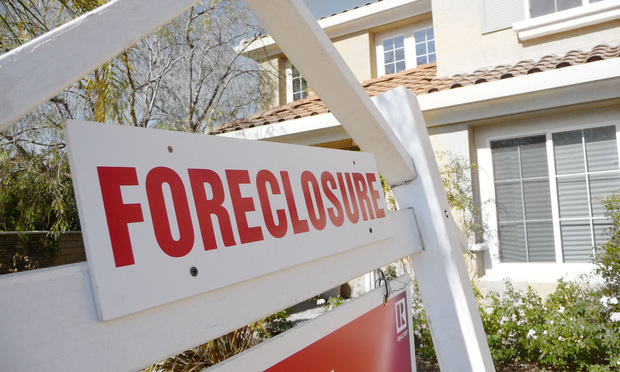I asked the architect, who was seeking pro bono representation for his foreclosure case (the 2008 recession had severely affected his business), whether he had answered the summons and complaint. He asked what I meant. I referred to the summons, which stated that he must serve a copy of his answer within a certain amount of time, that failure to do so would result in a default judgment, which would result in the loss of the home. He said “what do you mean by serve an answer?” I explained that an answer was a written response to the complaint. He said, “I have no idea how to do that, but I did call the attorney whose name is on the summons.” And what did the attorney say? That he should find a lawyer. By the time he found the pro bono project where I worked, the time to answer had expired.
I have had a variation of this conversation with scores of foreclosure defendants over the last seven and a half years. The essence of each was this question from the client: “what do you mean by answer the complaint?” The story was almost always the same: the defendant had no idea how to prepare an answer, could not afford a lawyer, and did not have timely access to free legal assistance. The defendants’ solutions were also consistent: they usually called the plaintiff’s lawyer or their mortgage servicer. The outcome of those calls was never a timely answer. I give the example of the architect because it is not just the uneducated or unsophisticated who are stymied by the notion of preparing a legal pleading.



